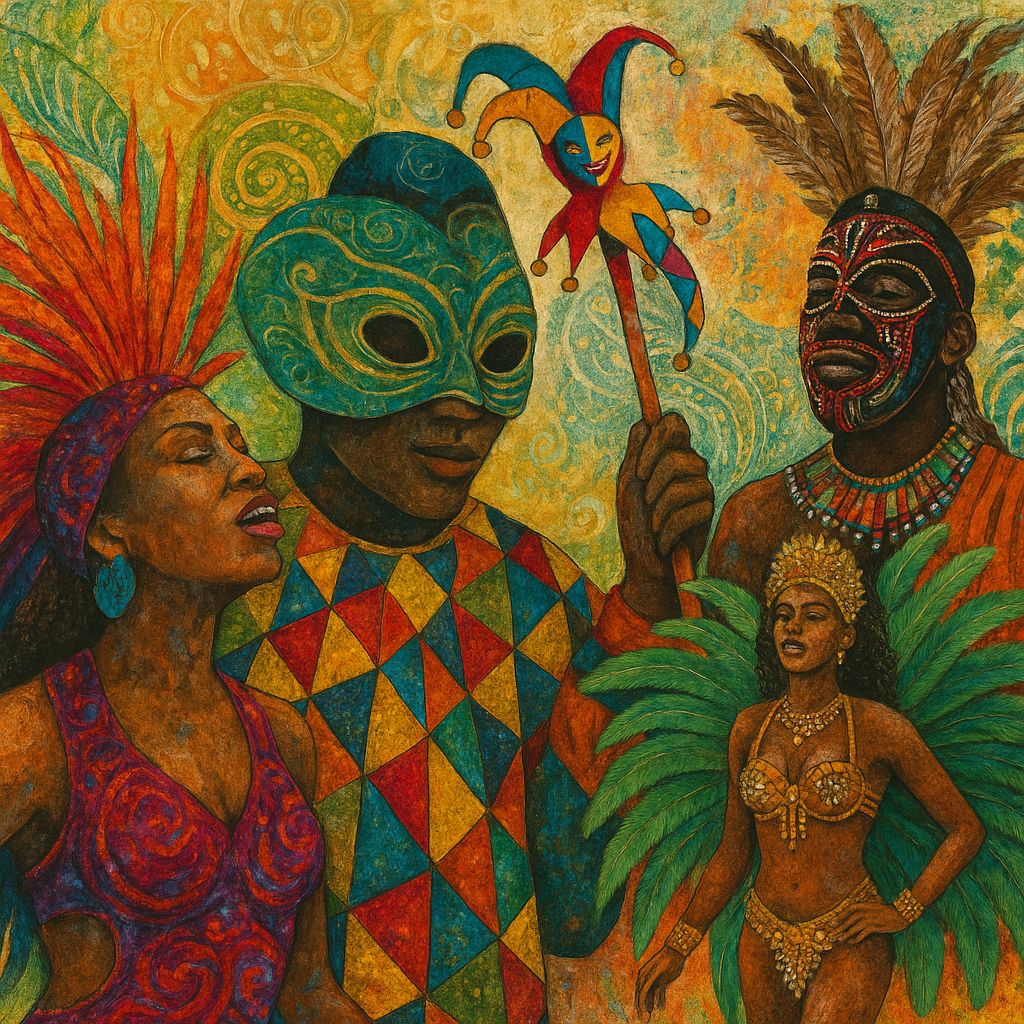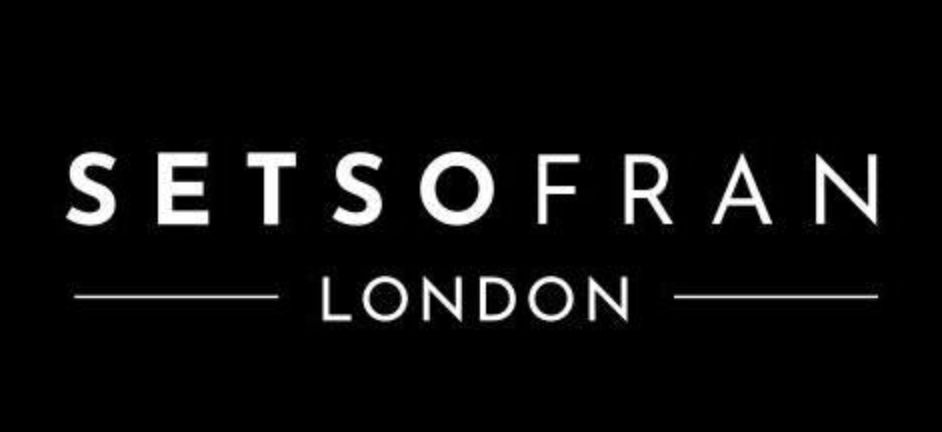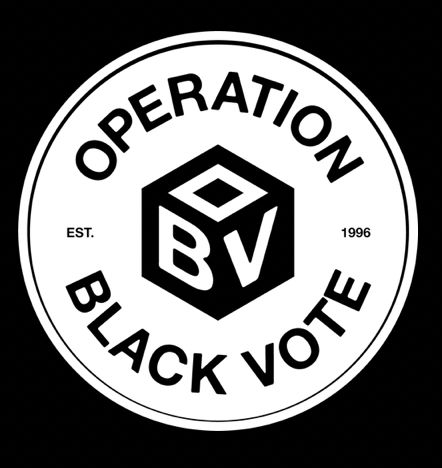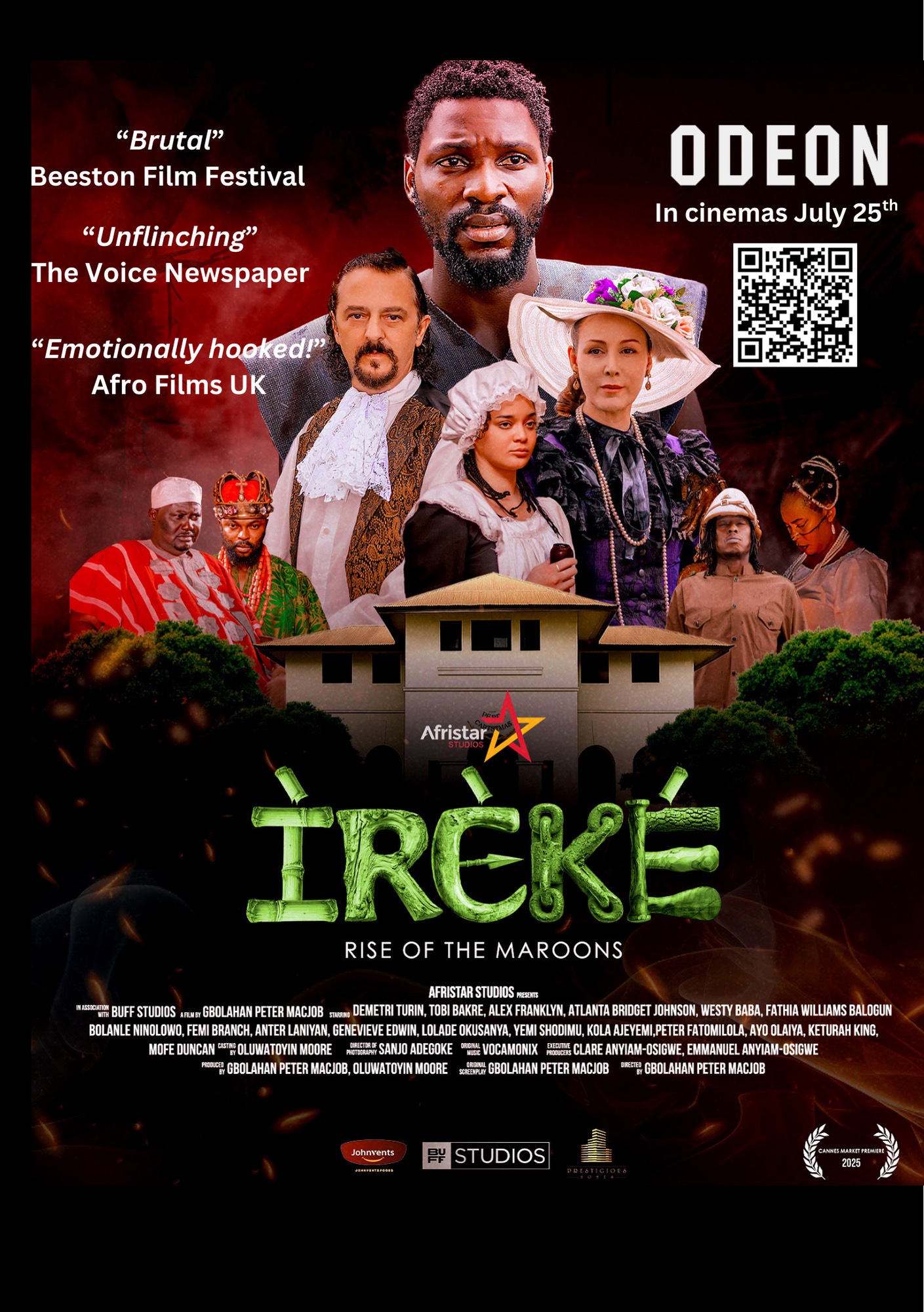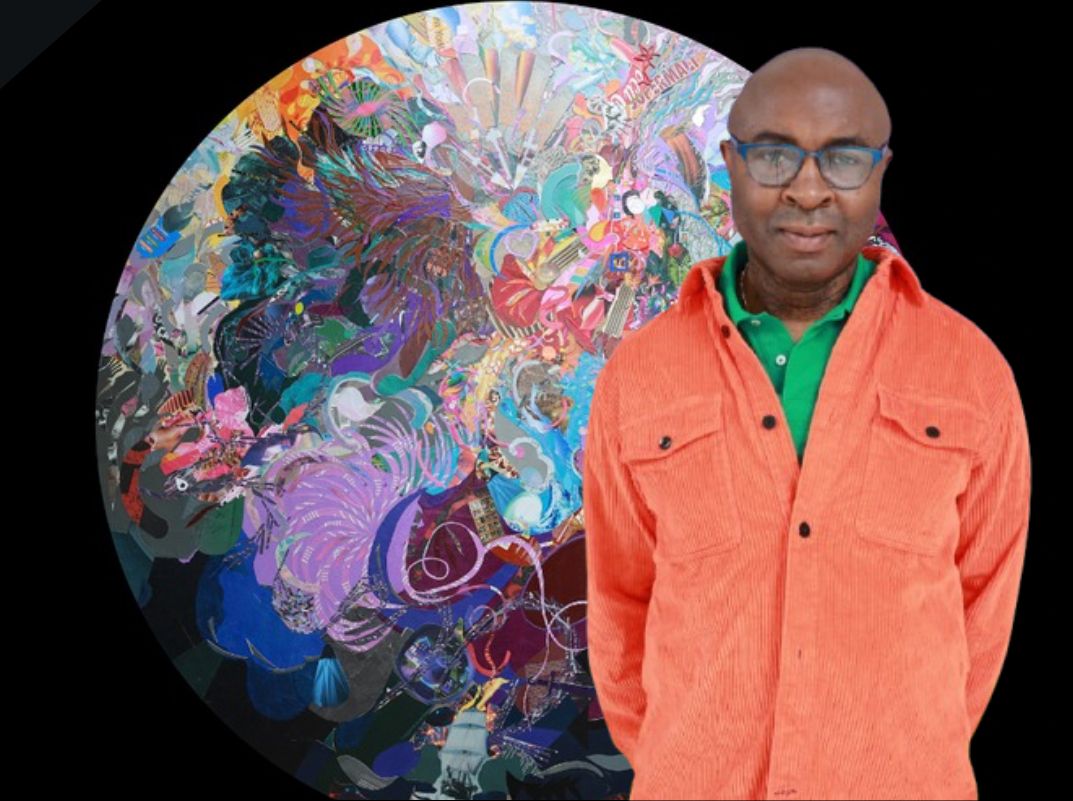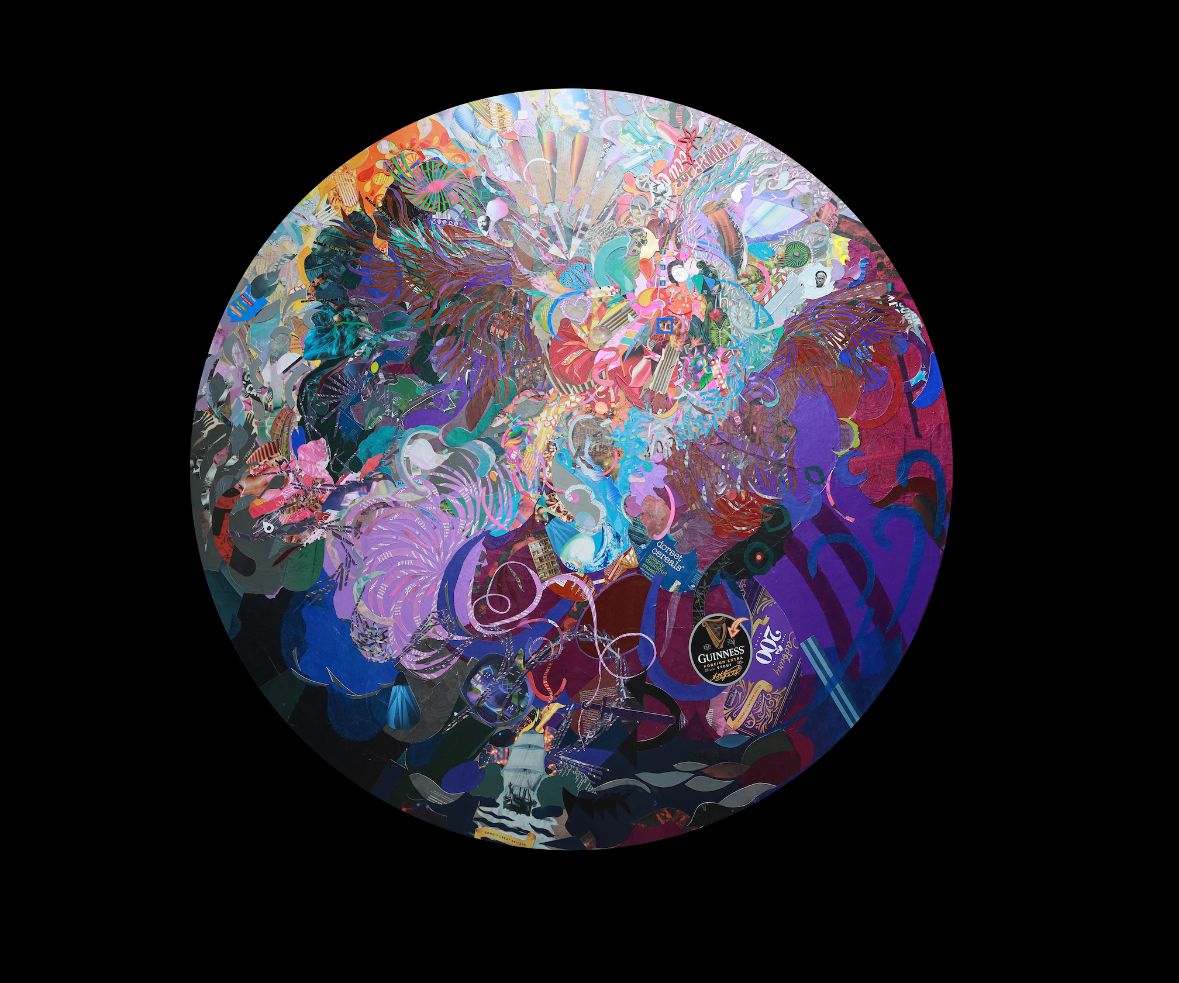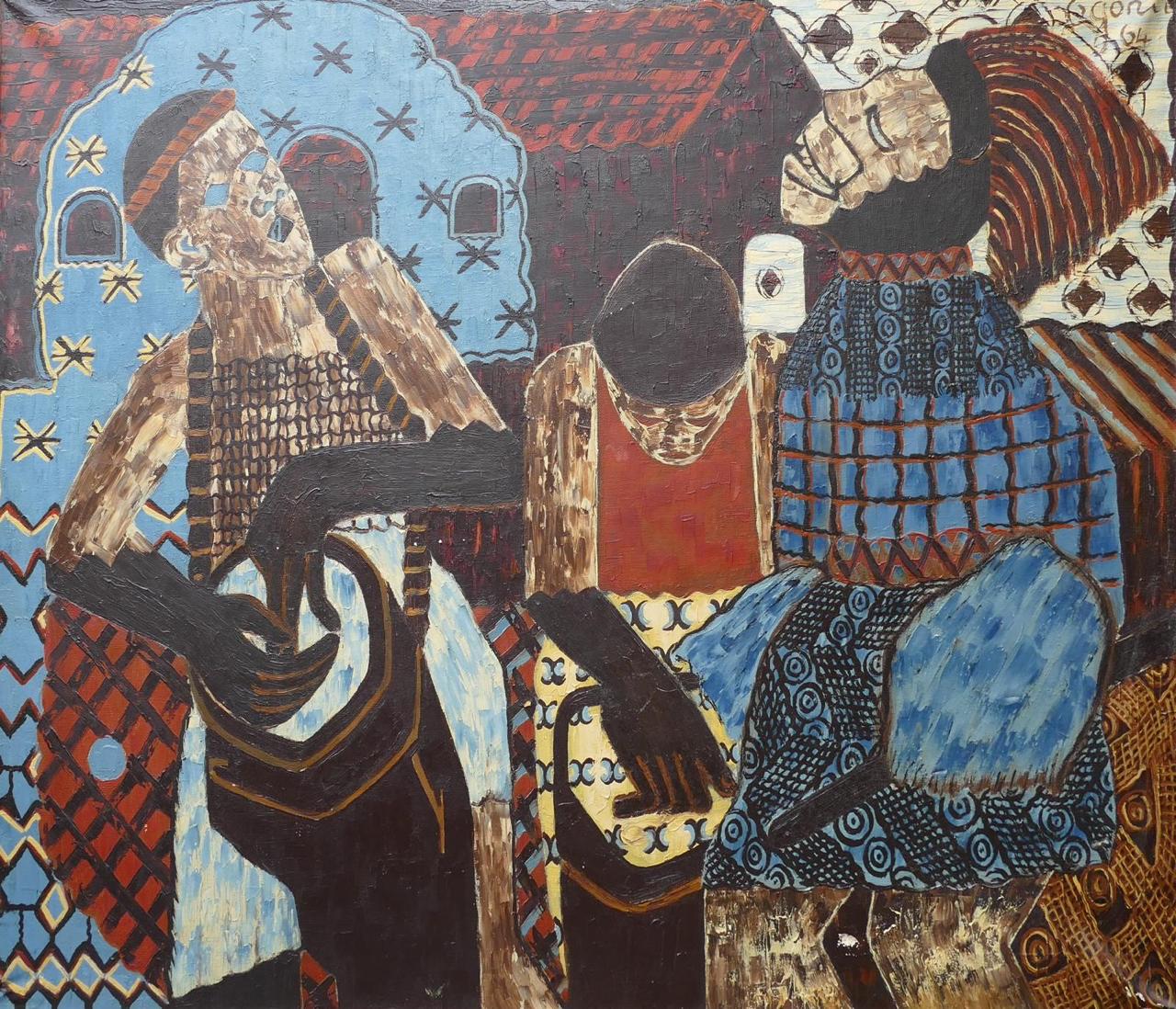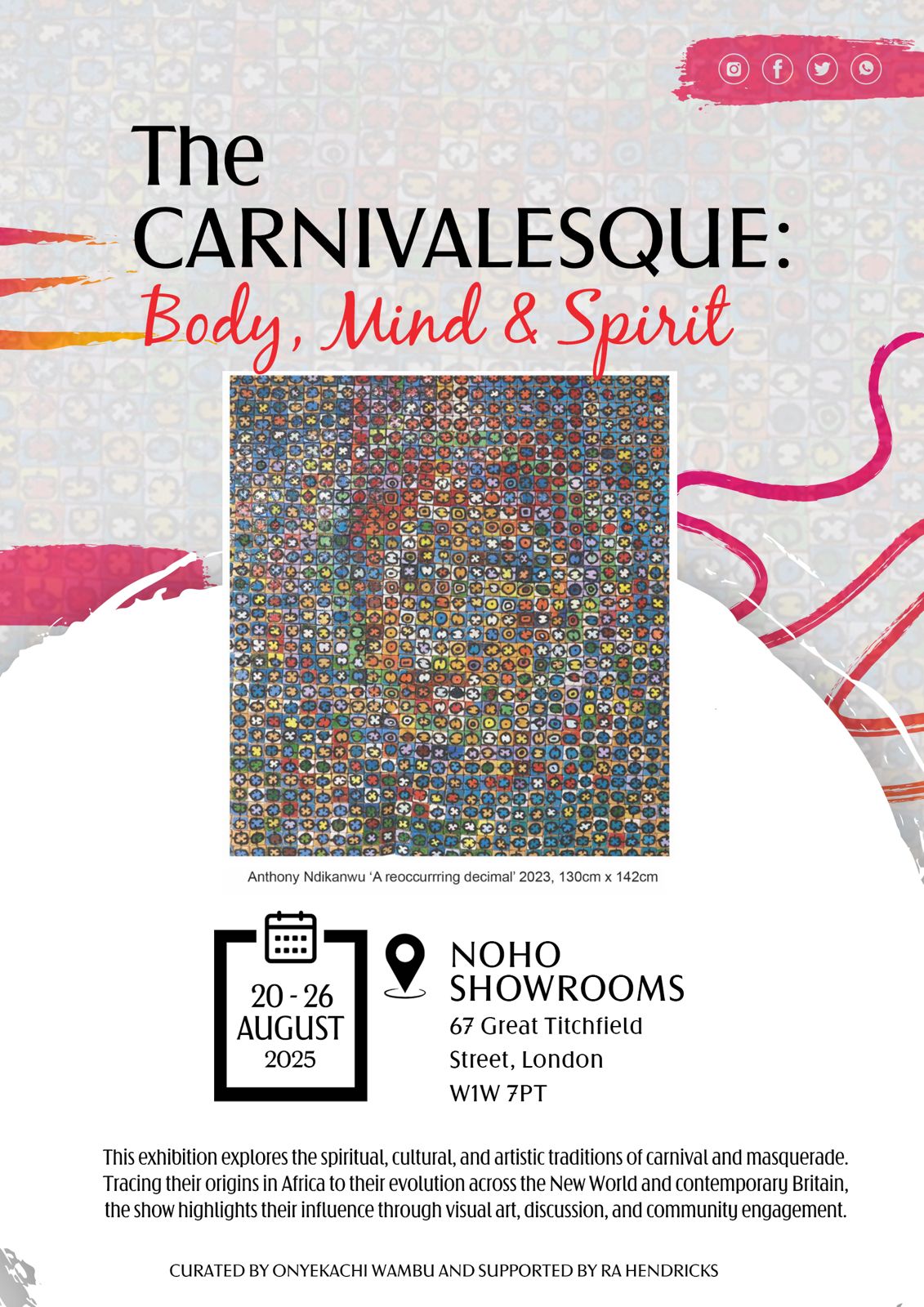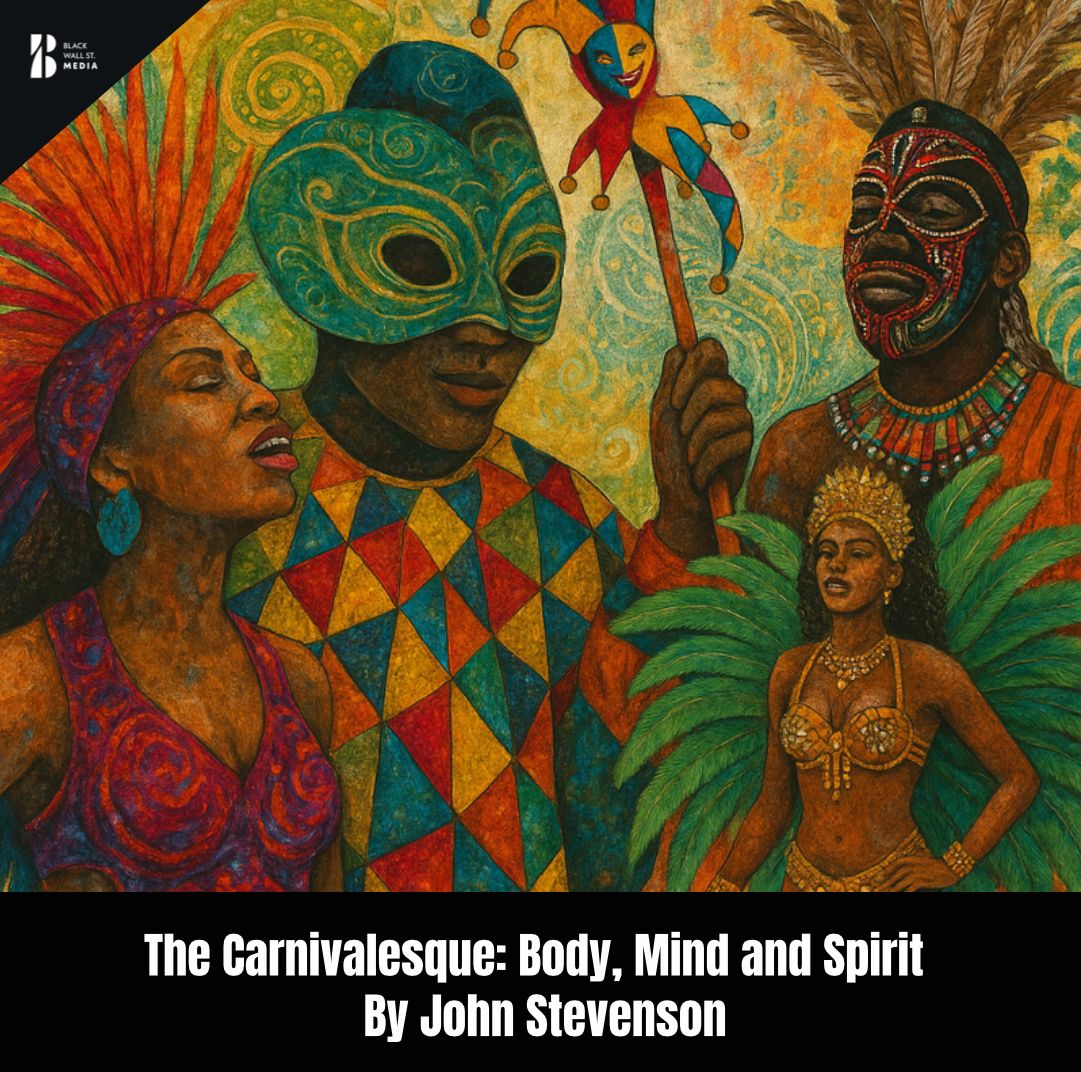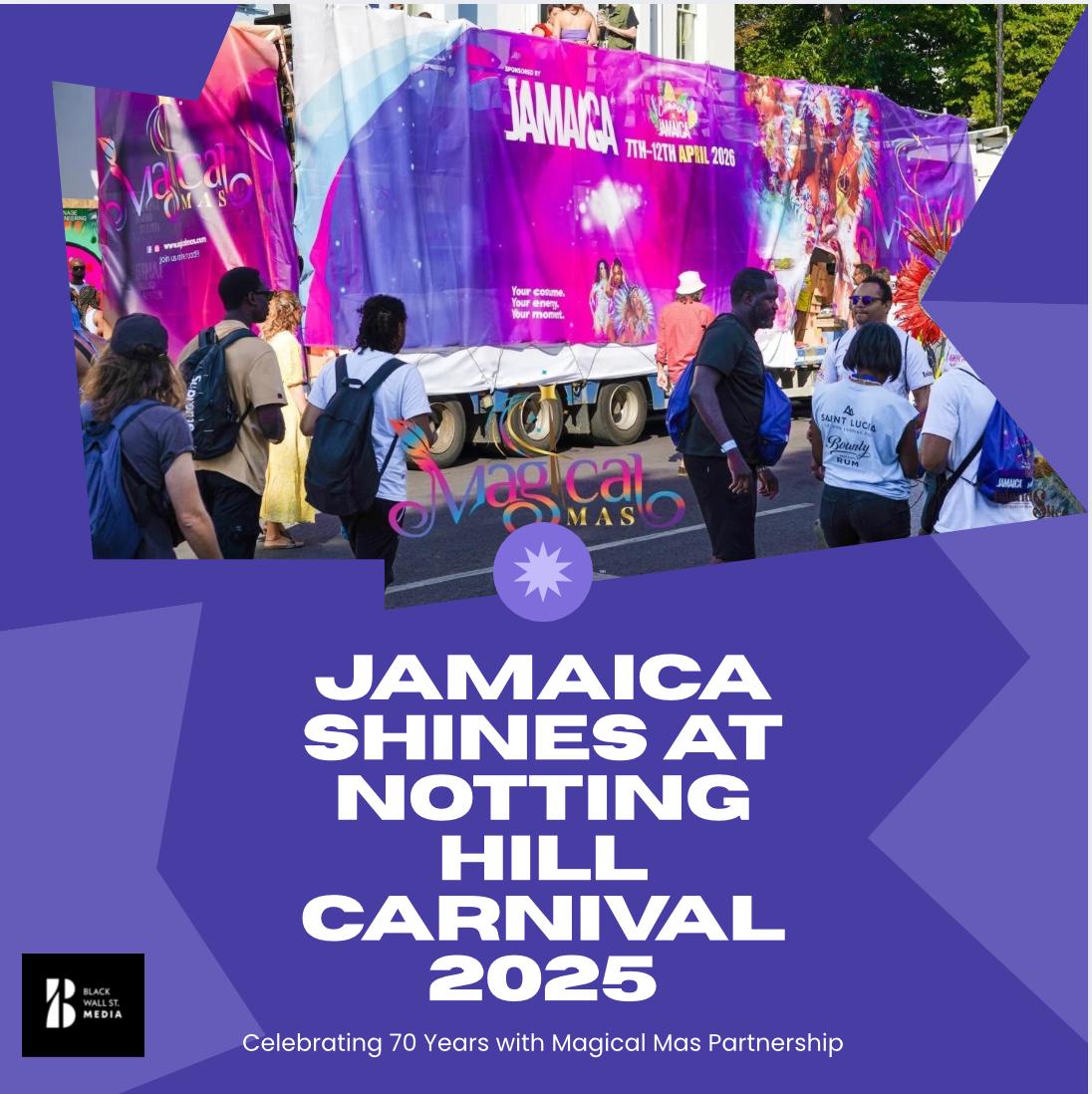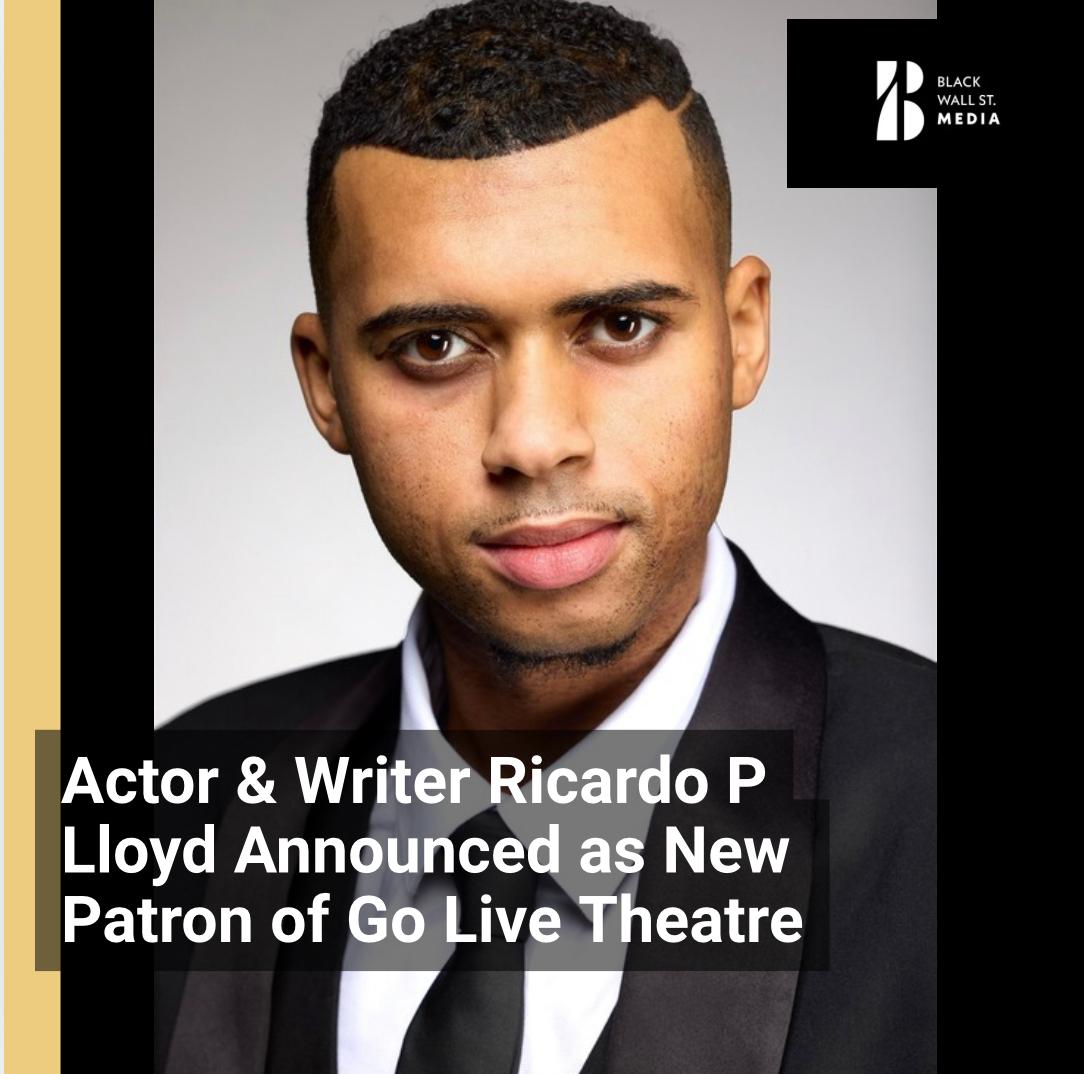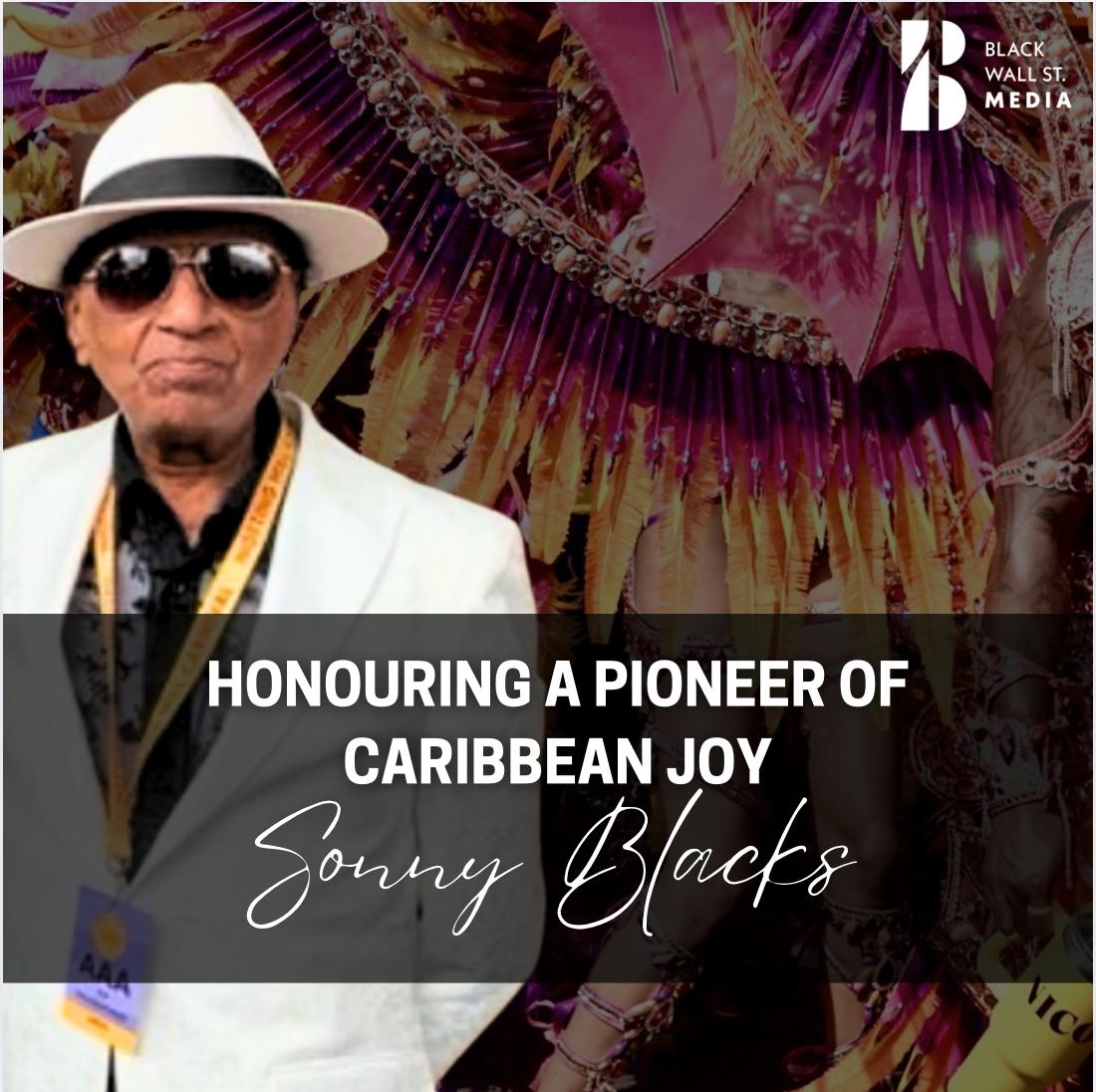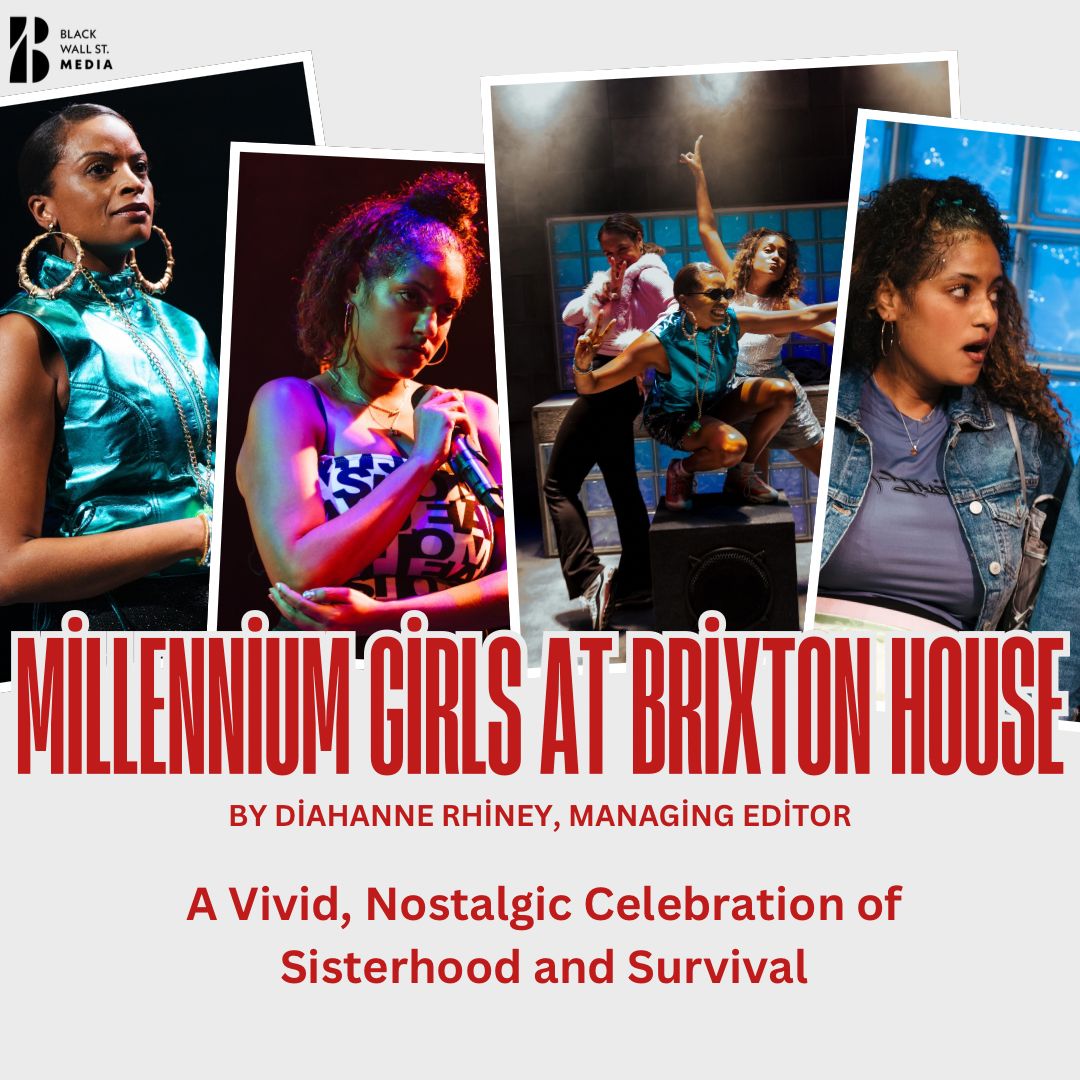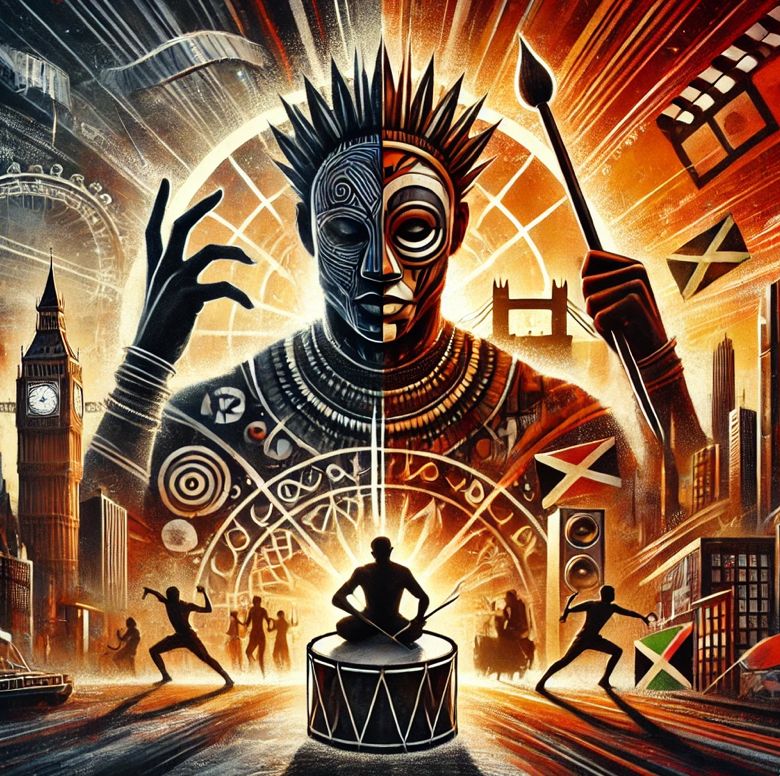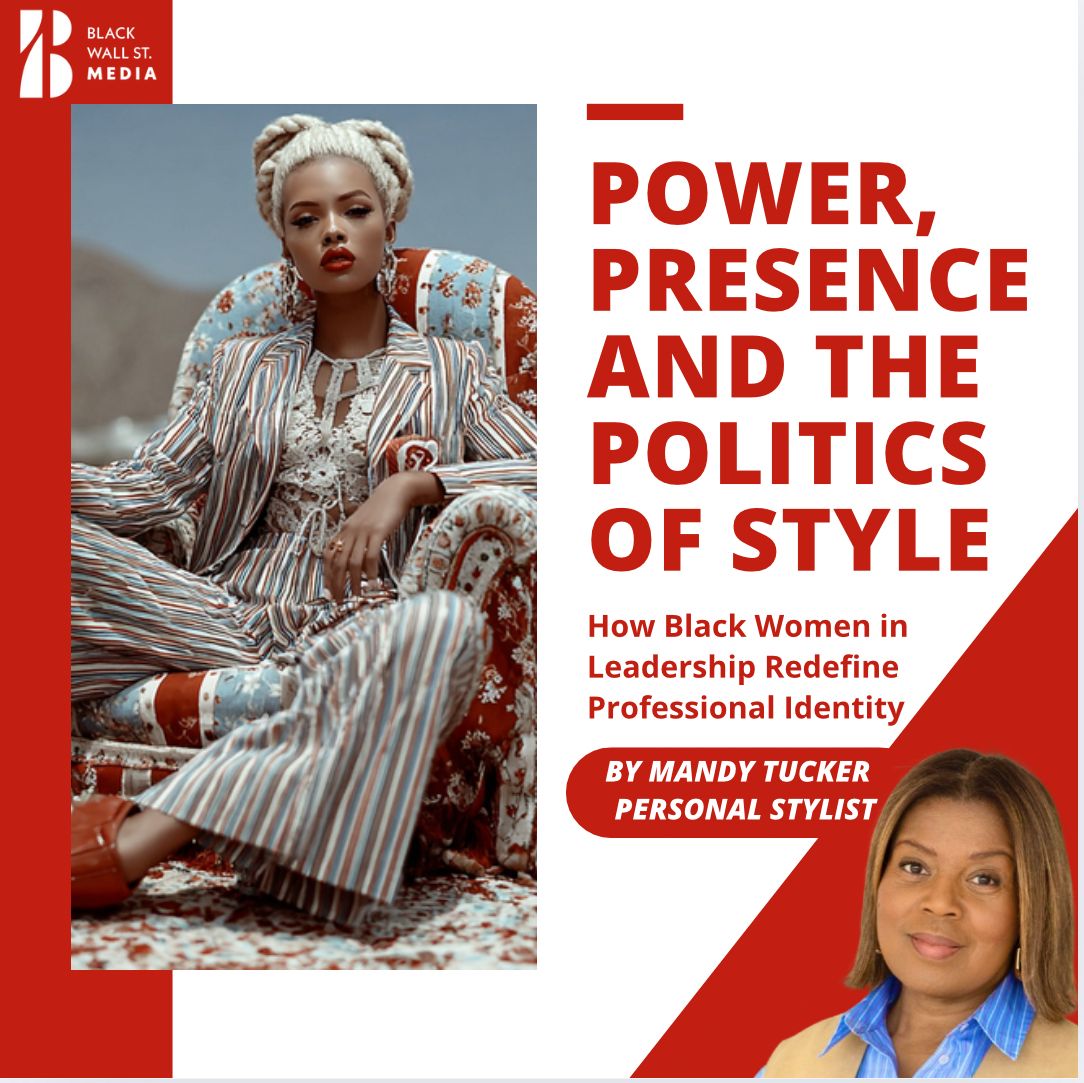Black Excellence Starts in Your Basket — Buy With Purpose
Carnival & Cultural Resistance
The Carnivalesque: Body, Mind and Spirit
“Carnival is more than a party — it’s a protest, a prayer, and a powerful act of survival.
As Notting Hill Carnival draws near, The Carnivalesque: Body, Mind and Spirit exhibition invites us to look deeper. Curated by Onyekachi Wambu and supported by Ra Hendricks, this thought-provoking showcase explores the African spiritual, cultural, and political roots of carnival — from resistance on the plantation to modern-day urban struggles.Featuring newly commissioned artworks, talks, screenings and more, this is carnival reimagined — bold, beautiful, and unapologetically radical.
Read the full article by John Stevenson and discover why this exhibition matters now more than ever.”
John StevensonCONTRIBUTOR
Curated by Onyekachi Wambu with support from Ra Hendricks, Carnivalesque: Body, Mind and Spirit takes place from the 20th to the 26th August at the Noho Showrooms, 67, Great Titchfield St, London W1W 7PT.
It promises to be an enriching and informative art exhibition coinciding with this year’s Notting Hill Carnival celebration exploring the spiritual, cultural and artistic traditions of carnival and masquerade, tracing their origins in Africa to their evolution across the contemporary Britain and the New World.
Following a series of racially motivated attacks on Caribbean people in the Notting Hill area in August 1958, including the murder of Antiguan carpenter, Kelso Cochrane, Trinidadian human rights activist Claudia Jones decided to create a special gathering in an attempt to unify the community.
Forgotten Yet Transformative: The Anniversary of the NottingHill Racist Riots
The ‘Caribbean Carnival’ she conceived was staged in January 1959 in St Pancras Town Hall and inspired the occasion we all enjoy today, the Notting Hill Carnival, Europes’s largest outdoor event.
Produced by the Nigeria Art Society (NAS), The Carnivalesque: Body, Mind and Spirit, follows recent exhibitions such as Waves of Change: Artistic Journey from Nigeria to Britain (1-54 London Art Fair 2024 Exhibition), which seek to preserve the cultural memory and open up critical conversations through visual culture.
Black Wall Street Media caught up with Dr Hassan Aliyu, President of the NAS, to talk about the exhibition and the origins of carnival in the context of African culture, spirituality and the experiences of people within the African diaspora.
Dr Aliyu is a British-born artist with roots in northern Nigeria. He has received acclaim for his collaged paintings and says The Carnivalesque: Body, Mind and Spirit is a continuation of NAS-curated exhibitions which amplify African and African diasporan histories and identity, especially where they have been silenced or marginalised.
“Our upcoming exhibition reclaims the Notting Hill Carnival as a counter-cultural expression born from the resistance of the enslaved and the oppressed.
We situate carnival within a long continuum of Black struggle, stretching from the plantation and the colonial courthouse, to present day urban marginalisation.
Specifically commissioned artworks explore how the spirit of carnival endures in contemporary resistance movements.
They also link historical injustice to current issues such as police brutality, economic exclusion, and cultural commodification.”
In line with its mission to preserve cultural memory and open up critical conversations through visual culture, the NAS has also recently staged ‘Nigeria at 100; Transforming a British Experiment’ and ‘Legacies of Biafra’ which focuses on the Biafran war.
Dr Aliyu reminds us of carnival’s roots in resistance and spirituality and says we must challenge its distorted history:
“At a time when carnival is increasingly depoliticised and repackaged for global tourism, our exhibition seeks to recover its radical roots. We challenge the misrepresentation of carnival as merely a colourful festival. Historically, carnival served as a space for defiance where colonial power was mocked, social hierarchies were inverted, and forbidden traditions were preserved.
As a society rooted in African heritage and diasporic experience, we believe we are uniquely positioned to interrogate and reclaim carnival’s African origins and Transatlantic continuities.
Through visual arts we explore the aesthetic ritual, rhythm and symbolic gestures that trace back to African spiritual systems and long-standing modes of resistance and cultural practices.”
All of this said, putting together an exhibition of this scale involving several leading artists of Nigerian descent, has had its fair share of challenges.
One of these challenges, according to Dr Aliyu is the reduction of carnival to “a colourful loud and joyful celebration”, with a missing narrative which the artists have sought to recover:
“Carnival did not begin as mere entertainment; it began as resistance, as survival, as a way for people, particularly those in the African diaspora, to hold on to their dignity, culture and spiritual identity in the face of oppression.
That history tends to be lost in the noise. This is something we have worked really hard to address in this exhibition. The artists involved have been incredibly thoughtful and committed to the theme.
There has been real care taken to honour the seriousness of the origins of carnival, not just its surface.”
He explains that while the artworks do not shy away from difficult truths, they do, in fact, draw connections between the past and the present, linking carnival’s rebellious spirit and struggles against racism, economic exclusion and cultural misrepresentation.
“Exhibitions which speak openly about Britain’s colonial past or centre Black resistance, often face barriers. It can be challenging getting mainstream support, especially at a time when issues around race and history are so politically charged.
There is a fear that these conversations are too political but that is exactly why they need to be had.
Then there is the gap in public knowledge; many people don’t realise that carnival’s roots go back to the African spiritual systems and the experience of enslavement.
Without that context, carnival can be mistaken to be ‘just a party’.”
Dr Aliyu says the forthcoming exhibition will create space for dialogue and learning by including text, guided tours, public talks, workshops, presentations, poetry, film screenings and conversations which dig into history and give people a fuller understanding of what carnival really means.
“By presenting this exhibition during carnival week, we hope to create a space for reflection, a moment to ask ‘What does carnival really represent?’.
For us, it’s a way of saying that this history is still alive and still matters. We want to use that spotlight to go deeper and to encourage people to look beyond the spectacle and face into the story because carnival is often misread and filtered through a White gaze – something exotic, hypersexualised, or even chaotic.”
“In a climate of increasing anti-immigration rhetoric and polarised debate about race and identity, reclaiming pubic space through art feels urgent.
Carnival week offers a moment not just to celebrate but to resist. Not just to perform, but to speak.
Through this exhibition we want to honour the joy of carnival but also to connect it to its roots in struggle, to its legacy of survival and to a vision of freedom which all to often feels like its missing when one looks at the way Notting Hill Carnival is framed today.”
For further details and bookings to attend The Carnivalesque: Body, Mind and Spirit please visit the weblink of the nigeriaartsociety.com

